Power plant boilers are an integral component of power generation plants. They are responsible for converting the energy generated by fuel into steam, which in turn drives turbines to generate electricity. Here’s a comprehensive guide to power plant boilers, covering their types, fuels, maintenance, safety, and environmental impact.
What is a power plant boiler?
A power plant boiler is a critical component of a power generation plant. It’s a large vessel that produces steam, which is used to turn turbines that generate electricity. A boiler has several components, including a furnace, water-cooled walls, and superheaters, which help to convert water into high-pressure steam.
How does a power plant boiler work?
A power plant boiler works by heating water to produce high-pressure steam, which drives turbines to generate electricity. The fuel used to heat the water varies, but it’s usually coal, natural gas, or oil. The steam produced by the boiler is then sent to a turbine, which drives a generator to produce electricity.
Need a new boiler?
What are the different types of power plant boilers?
There are several types of power plant boilers that are used to generate electricity. Each type of boiler has its own unique characteristics and advantages, and the choice of boiler depends on a variety of factors, such as the type of fuel being used, the power plant’s capacity, and the cost of the boiler. Here are some of the most common types of power plant boilers:
- Pulverized coal-fired boilers: These are the most commonly used boilers in power plants and are designed to burn coal in a pulverized form. In these boilers, the coal is ground into a fine powder and blown into the combustion chamber, where it burns to produce high-pressure steam.
- Circulating fluidized bed boilers: These boilers use a process called fluidization to burn coal or biomass in a suspended state. In these boilers, the fuel is fed into a bed of sand-like material, and air is blown through the bed to suspend the fuel particles in the air. This creates a turbulent mixing of the fuel and air, which helps to improve combustion efficiency.
- Heat recovery steam generators (HRSGs): These boilers are used in combined cycle power plants, where they capture the waste heat from gas turbines and use it to produce steam. The steam can then be used to drive a steam turbine and generate additional electricity.
- Nuclear reactors: These boilers use nuclear fuel, such as uranium or plutonium, to produce steam, which is used to drive turbines and generate electricity. Nuclear reactors are highly efficient and produce large amounts of electricity, but they require extensive safety measures to prevent accidents.
- Solar thermal power plants: These power plants use mirrors or lenses to focus sunlight on a central receiver, which is used to heat a fluid, such as molten salt, to produce steam. The steam is then used to drive a turbine and generate electricity. Solar thermal power plants are still in the experimental stage and are not yet widely used.
In summary, there are several types of power plant boilers, each with its own unique characteristics and advantages. The choice of boiler depends on a variety of factors, such as the type of fuel being used, the power plant’s capacity, and the cost of the boiler. Understanding the different types of boilers and their benefits is essential for making informed decisions about power plant design and operation.
Get an online fixed price in 20 seconds:
What kind of fuel is used in power plant boilers?
Power plant boilers can be fueled by a variety of materials, including coal, natural gas, oil, biomass, and waste products. The type of fuel used depends on several factors, including availability, cost, and environmental impact.
How efficient are power plant boilers?
Power plant boilers can have efficiencies ranging from 30% to over 90%, depending on the type of boiler and the fuel used. Boilers with higher efficiencies are more expensive but can result in significant cost savings over the life of the boiler.
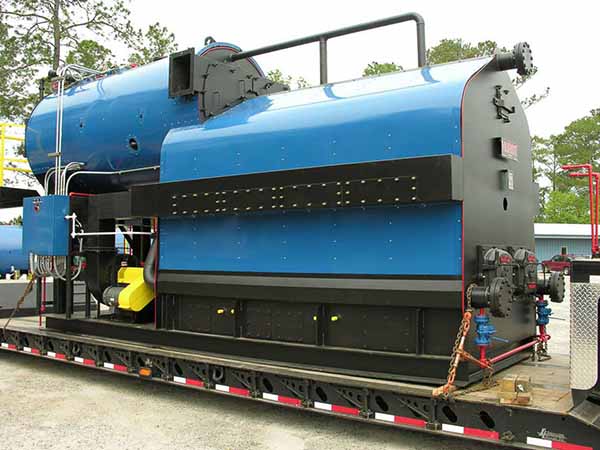
What are the main components of a power plant boiler?
The main components of a power plant boiler include a furnace, water-cooled walls, superheaters, economizers, and air preheaters. These components work together to convert water into high-pressure steam, which is used to drive turbines and generate electricity.
How are power plant boilers maintained?
Power plant boilers require regular maintenance to ensure they operate efficiently and safely. Maintenance tasks can include cleaning, inspection, and repair of various components. Regular maintenance can help prevent breakdowns and extend the life of the boiler.
What are the safety considerations for power plant boilers?
Power plant boilers can be dangerous if not properly maintained and operated. Safety considerations include the risk of explosion, fire, and carbon monoxide poisoning. Proper training, safety equipment, and procedures are necessary to ensure the safety of personnel and the public.
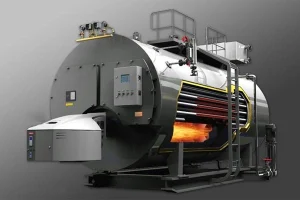
How do power plant boilers impact the environment?
Power plant boilers can have a significant impact on the environment, including air pollution, water pollution, and greenhouse gas emissions. The type of fuel used, the efficiency of the boiler, and the emissions control technology used can all impact the environmental impact of the boiler.
What is the lifespan of a power plant boiler?
The lifespan of a power plant boiler depends on several factors, including the type of boiler, the quality of the materials used in construction, and the frequency and quality of maintenance. Typically, power plant boilers can last anywhere from 20 to 50 years, but this can vary depending on the factors mentioned above.
Conclusion
In conclusion, power plant boilers are a critical component of power generation plants, converting fuel into steam to generate electricity. Understanding the different types of boilers, fuels, maintenance requirements, safety considerations, and environmental impact is essential.

Looking for boilers with sophisticated manufacturing, great quality?
Fangkuai boiler can always provide what you want.

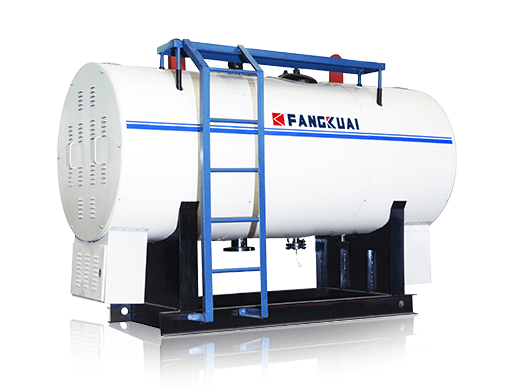 Electric Hot Water Boiler
Electric Hot Water Boiler 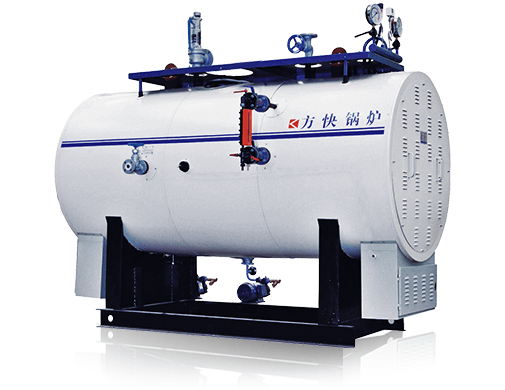 Electric Steam Boiler
Electric Steam Boiler 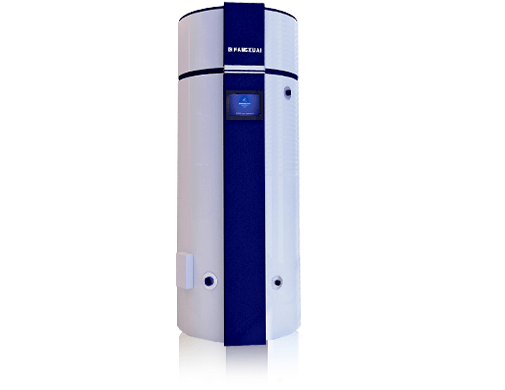 V6 Gas Fired Hot Water Boiler
V6 Gas Fired Hot Water Boiler 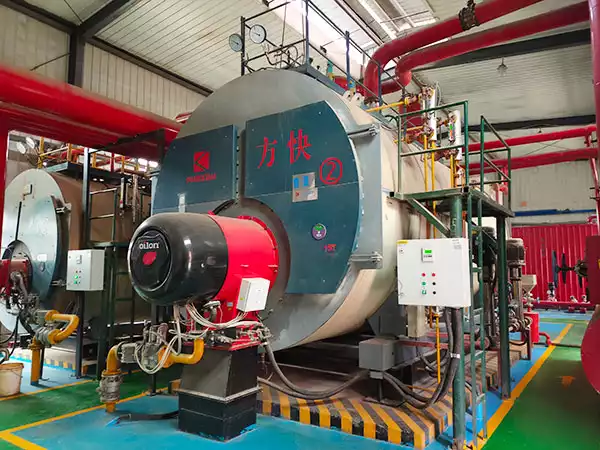 2023 Gas Boiler Prices Guide | Comparing Home Gas Boiler Costs
2023 Gas Boiler Prices Guide | Comparing Home Gas Boiler Costs 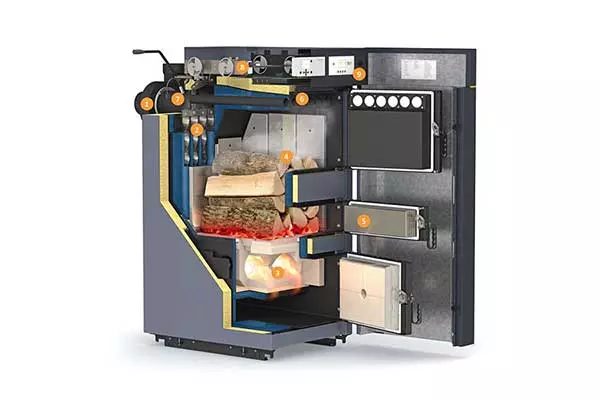 Best Wood Gasification Boilers For Sale | Buying Guide
Best Wood Gasification Boilers For Sale | Buying Guide 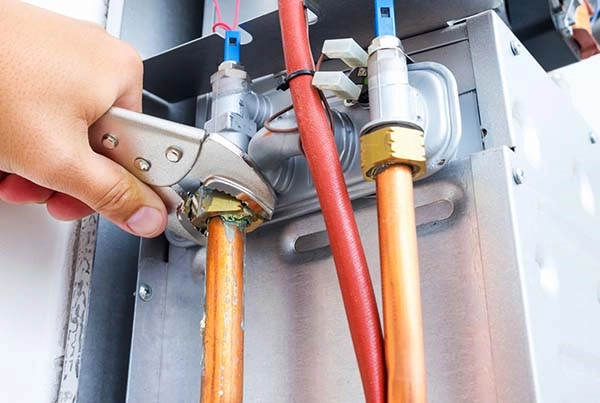 Electric Combi Boiler Prices | 2023 Buying Guide
Electric Combi Boiler Prices | 2023 Buying Guide 